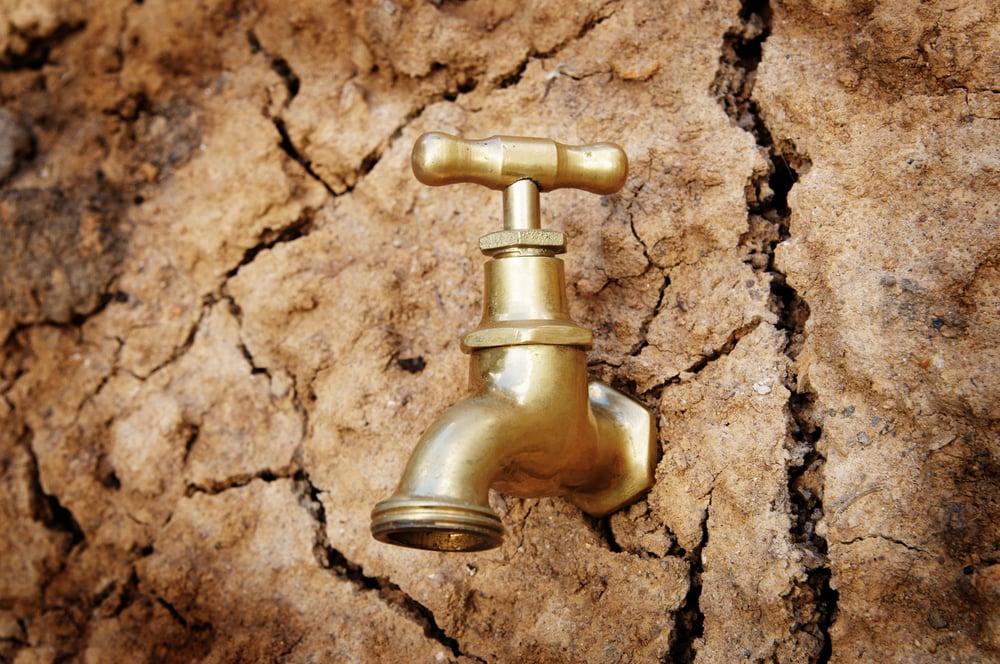G’day, mates! If you’re living in Australia, you know droughts are as common as kangaroos in the outback. But did you know these dry spells can wreak havoc on your plumbing? Don’t worry, I’ve got your back. Let’s dive into how droughts affect your pipes and what you can do to keep them flowing smoothly.
Why Droughts Are a Pain for Your Pipes
Droughts aren’t just about brown lawns and water restrictions. They can cause some serious drama for your plumbing:
- Less water means less pressure. Your showers might feel more like a light sprinkle.
- Water quality can take a nosedive. You might notice funky smells or tastes in your tap water.
- Pipes can corrode faster. Less water flow means more time for nasty stuff to build up inside.
- Clogs become more likely. With less water to flush things through, your pipes might get backed up.
Protecting Your Plumbing During a Drought
No worries, though! Here are some top tips to keep your plumbing happy when the rain’s gone walkabout:
1. Fix Those Drips
A leaky tap isn’t just annoying – it’s wasting precious water. Replace worn washers and you could save thousands of litres a year.
2. Go Water-Efficient
Swap out your old appliances for water-smart versions. A water-efficient showerhead can cut your shower water use by half!
3. Insulate Your Pipes
Wrap your pipes in insulation. It’ll keep them from heating up (and wasting water while you wait for it to cool) and protect against freezing in winter.
4. Get Regular Check-Ups
Book a plumber for a yearly once-over. They can spot problems before they turn into wallet-draining disasters.
5. Test Your Water Quality
During a drought, your water might pick up more contaminants. Get it tested regularly to make sure it’s safe to drink.
6. Upgrade Your Plumbing
If your pipes are getting on in years, consider replacing them with drought-resistant materials like PEX or copper.
7. Think About Water Treatment
A good filtration system can improve your water quality, even when drought conditions are making it dodgy.
8. Be Smart Indoors
Don’t flush the loo unless you need to, and consider a dual-flush toilet to save even more water.
9. Get Savvy in the Garden
Plant native species that can handle dry conditions. Use mulch to keep moisture in the soil.
10. Commercial Properties: Stay Alert
If you’re running a business, keep an eye out for reduced water pressure or clogs. They can seriously mess with your operations.
Real-Life Success: How Sydney Saved Its Pipes
During the Millennium Drought, Sydney faced some serious water woes. But the city got creative. They launched a massive leak detection program, finding and fixing hidden leaks across the network. They also encouraged residents to install water-efficient appliances.
Sarah, a Sydney local, told me: “We got a rebate for installing a water-efficient washing machine. It was a win-win – we saved water and money on our bills!”
The result? Sydney reduced its water consumption by 35% between 2005 and 2015. That’s a lot less strain on the pipes!
Looking to the Future
As climate change makes droughts more common, we’ll need to get even smarter about water use. Some cool innovations on the horizon:
- Smart water meters that can detect leaks in real-time
- Greywater recycling systems for homes
- AI-powered water management for cities
FAQs
Q: How can I tell if my pipes are affected by drought?
A: Look out for low water pressure, discolored water, or unusual noises from your pipes.
Q: Is it safe to drink tap water during a drought?
A: Usually, yes, but it’s best to get it tested if you’re concerned about quality.
Q: How often should I have my plumbing checked during a drought?
A: Aim for at least once a year, or more if you notice any issues.
Q: Can drought cause pipes to burst?
A: Indirectly, yes. Drought can lead to soil shifting, which can put pressure on pipes.
Q: Are there any plants that can help protect my plumbing during a drought?
A: Native Australian plants with deep root systems can help stabilize the soil around your pipes.
Q: How much water can I save by fixing a leaky tap?
A: A single dripping tap can waste up to 20,000 litres a year!
Wrapping It Up
Droughts might be a fact of life in Australia, but they don’t have to spell disaster for your plumbing. By taking some simple steps to conserve water and maintain your pipes, you can keep things flowing smoothly even when the rain stops.
Remember, every drop counts. By protecting your plumbing, you’re not just saving yourself hassle and money – you’re doing your bit for the environment too. So let’s raise a glass (of responsibly used water) to drought-proofing our pipes!
Stay dry, mates, but keep those pipes happy!


